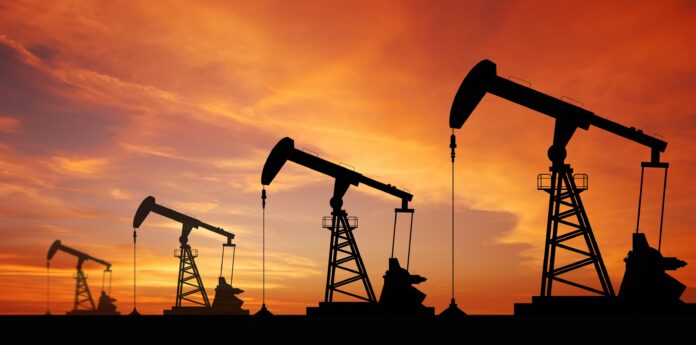ISLAMABAD: In a major policy shift aimed at revitalising Pakistan’s energy sector, the government has announced the auction of 71 oil and gas exploration blocks—40 offshore and 31 onshore—while also unveiling plans to deregulate fuel prices. These measures are expected to enhance domestic energy production, attract foreign investment, and introduce competitive pricing in the petroleum market.
Federal Minister for Petroleum Musadik Malik made the announcement at the Annual Oil & Gas Conference in Islamabad, highlighting the urgent need to expand exploration efforts. He pointed out that Pakistan has drilled only 18 offshore wells in the past 60 years, far behind regional peers such as India and Bangladesh, which have made significant discoveries in offshore fields. To bridge this gap, the government is now offering 40 offshore blocks for bidding, providing investors with an opportunity to tap into the country’s largely unexplored maritime energy reserves. Additionally, 31 onshore blocks have been made available to further expand domestic oil and gas production.
Oil and gas blocks are designated areas where energy companies are granted licenses to explore and extract hydrocarbons. These blocks can be located on land (onshore) or under the sea (offshore). Offshore exploration, while riskier and costlier due to deep-sea drilling complexities, has the potential to unlock substantial energy reserves that remain untapped. Globally, offshore fields have played a crucial role in energy security.
Dr. Malik emphasized that a large portion of Pakistan’s energy resources remains undiscovered, and the government is committed to facilitating exploration efforts by offering incentives to investors. He also underscored the importance of adopting advanced technology and modern drilling techniques to optimize energy extraction.
“It is not enough to introduce new technology once; we need sustained innovation to transform the country’s energy landscape,” he stated, urging the sector to evolve in line with global trends.
In a parallel policy shift, the government is moving towards deregulation of petroleum prices, allowing market forces to play a greater role in determining fuel rates. Malik explained that a pricing cap mechanism will be introduced to prevent excessive price fluctuations while fostering competition among oil marketing companies (OMCs).
“The government must step back from business operations and transition to a governance model that encourages market-driven growth,” he remarked, signaling a reduced role for state intervention in fuel pricing.
A key element of the deregulation plan is to permit oil refineries to blend up to 5% ethanol in their production process, a move aimed at lowering fuel costs and reducing reliance on imported petroleum. Additionally, OMCs will be allowed to sell petrol and diesel at rates lower than the government-set prices, introducing a competitive element that could lead to more affordable fuel for consumers.
To further support lower-income groups, Malik announced the introduction of a subsidized fuel option specifically for motorcycle users, a segment that makes up the majority of Pakistan’s daily commuters.
These policy changes have been formulated in consultation with Prime Minister Shehbaz Sharif and reflect the government’s broader vision of fostering economic stability, ensuring energy security, and reducing costs for consumers. The petroleum minister reiterated that making energy accessible and affordable, particularly for underprivileged segments of society, remains a top priority.
“Reducing energy costs for the poor is our primary focus,” he affirmed, adding that the government is also working on electrification projects and environmental safeguards to minimize the ecological impact of energy production.
Dr. Malik echoed Prime Minister Sharif’s vision of economic progress, asserting that Pakistan’s future lies in empowering its youth and shifting the national discourse from political conflicts to economic development.
“When young people believe in their potential, the country will prosper,” he stated, calling for a collective effort to drive industrial and technological growth.
The announcement marks a significant transformation in Pakistan’s energy and petroleum policies, setting the stage for increased foreign investment, improved energy security, and a more dynamic, market-driven fuel sector.




